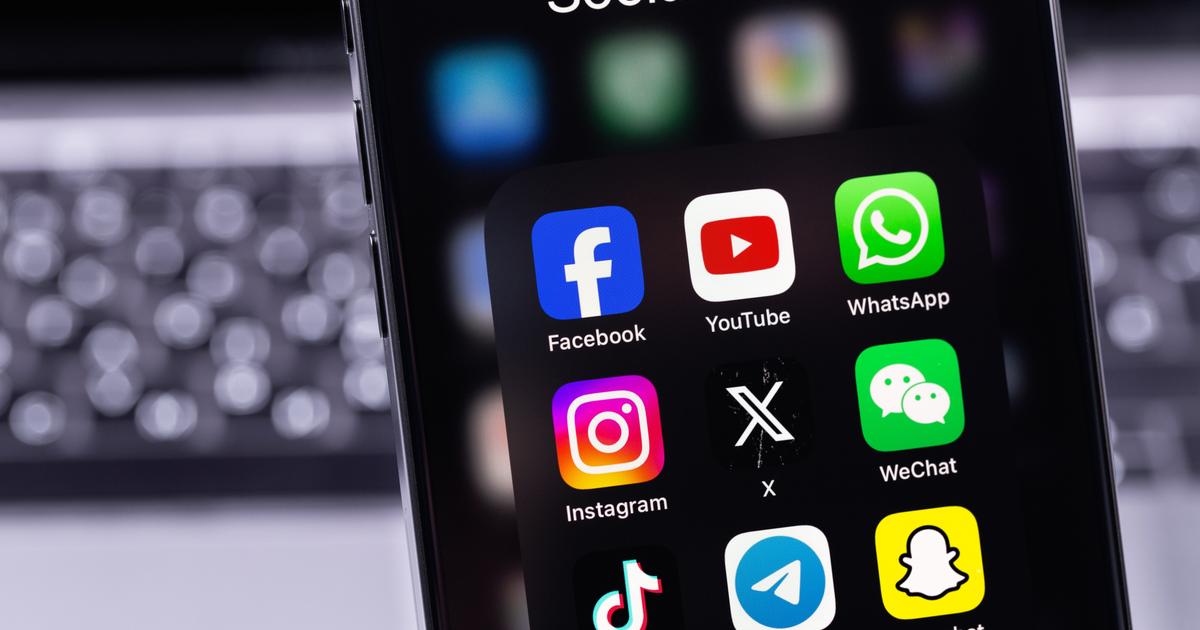
Florida passes law limiting minors' access to social media
On Monday, Florida Governor Ron DeSantis signed a law aimed at restricting the access of minors under the age of 16 to social media networks, at a time when the platforms’ influence on young people is raising concern in the United States. The law, which will come into effect next January in this state located in the southeast of the United States, stipulates that those under 14 years old will not be able to open an account on a social media network. Teens between the ages of 14 and 15 will need parental consent to register on these platforms.
“We are trying to help parents navigate very difficult terrain.”The Republican governor announced this while signing the text. Florida House Speaker and main instigator of the project, Paul Reiner, welcomed the law's adoption. “We know (…) that the number of crimes committed against children is greater on social networks than anywhere else.”-Did you announce? “We also know that social media has a devastating impact on our children’s mental health.”.
Most platforms set the minimum age to open an account at 13, but it's easy to circumvent this rule. Some critics of the law say it is up to parents, not authorities, to monitor their children's social media use. Others worry about potentially violating the First Amendment, which guarantees freedom of expression.
Harmful addiction
Paul Reiner ignored these arguments, saying that the platforms create harmful addictions. “The constant consultation, the 'likes' and the hearts that give a small dose of dopamine” (…) Encouraging people to stay online longer and longer.
Ron DeSantis had rejected another bill prohibiting the use of networks for those under the age of 16, believing that the text did not sufficiently take into account the wishes of parents. The governor, an unsuccessful candidate for the Republican nomination in the upcoming presidential election, has repeatedly said that parents should have greater control over decisions regarding their children, especially in educational matters.
In Florida, as in other states, lawmakers have sought to give parents greater influence in areas considered controversial such as classes on topics related to sexual orientation and gender identity.

“Unapologetic pop culture trailblazer. Freelance troublemaker. Food guru. Alcohol fanatic. Gamer. Explorer. Thinker.”
